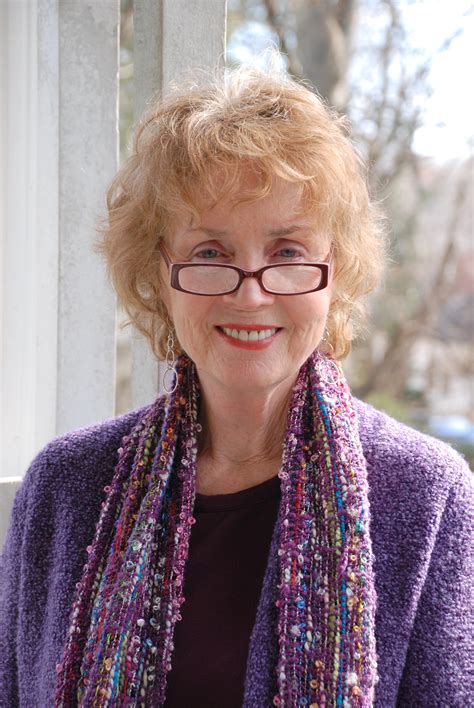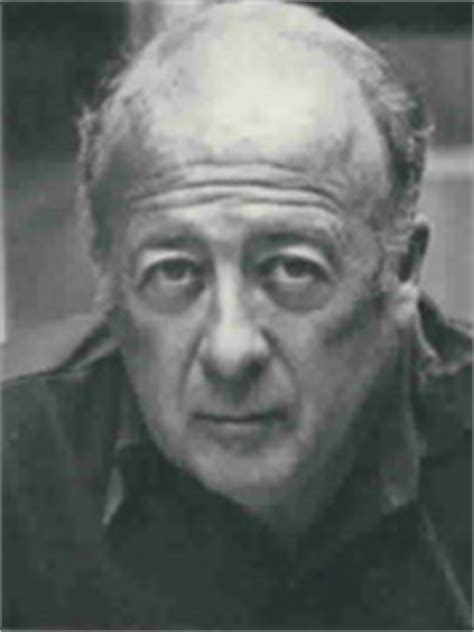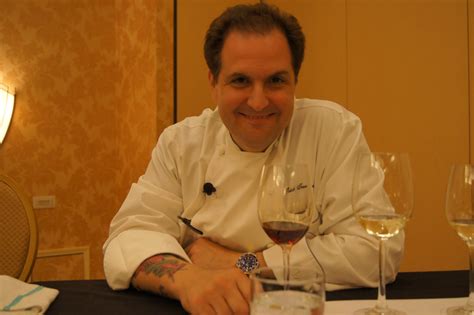A Quote by Emily Barton
A lot of people have come up after Brookland and asked, "What happens to her at the end of the novel?" and I will very politely say, well, here are the two possibilities.
Related Quotes
Your war memories will be with you forever, you'll be asked about them thousands of times after the war is over. People will get their respect for you from that-partly from that, don't get me wrong-but if you can say that you were up front where there was some real shooting going on, then that will mean a whole lot to you in years to come.
I talked to my mother about it a lot. I asked her what it was like to grow up in New York and Harlem in the 1920s and 1930s, and I asked her about a woman leaving her husband. I asked her about how she would feel about that woman, and my mother grew up in the Church Of God In Christ, and she told me that the woman might be isolated because the other women thought she might go and come after their husbands. That's how they thought then.
The reality that we were growing up in was very young and vibrant, and nobody was capturing that part of India. I started to backpack after getting out of college. I hiked and did a lot of things nobody was capturing in art at all in India, so I wrote my first novel. It was a very, trippy, experience-filled novel, and it ended up doing very well in India because nobody was writing about that at that point.
All life is rife with possibilities. Seeds have possibilities, but all their tomorrows are caught by the patterning of their life cycle. Animals have possibilities that are greater than that of a fir tree or a blade of grass. Still, though, for most animals, the pattern of instinct, the patterns of their lives, are very strong. Humanity has a far greater range of possibilities, especially the very young. Who will children grow up to be? Who will they marry, what will they believe, what will they create? Creation is a very powerful seed of possibility.
In terms of cooking with friends, I realized early on that all great meals seem to start and end in the kitchen, and the more you can get people engaged and hands-on, the better the memories will be. So when people come into your kitchen while you're cooking and prepping and politely ask, "Do you need any help?" the key is to say yes.
One of the things that's exciting for me about this novel is that, to me, Brookland and The Testament of Yves Gundron were both, in certain regards, crypto-steampunk. They're both books that are interested in an alternate technological past that in fact didn't historically come to pass. If you were to ask me what my novels were about, I would say, well, these are novels about technology and how we relate to technology and what technology means.
Why do I like to write short stories? Well, I certainly didn't intend to. I was going to write a novel. And still! I still come up with ideas for novels. And I even start novels. But something happens to them. They break up. I look at what I really want to do with the material, and it never turns out to be a novel.
All children, except one, grow up. They soon know that they will grow up, and the way Wendy knew was this. One day when she was two years old she was playing in a garden, and she plucked another flower and ran with it to her mother. I suppose she must have looked rather delightful, for Mrs Darling put her hand to her heart and cried, ‘Oh, why can’t you remain like this for ever!’ This was all that passed between them on the subject, but henceforth Wendy knew that she must grow up. You always know after you are two. Two is the beginning of the end.






































